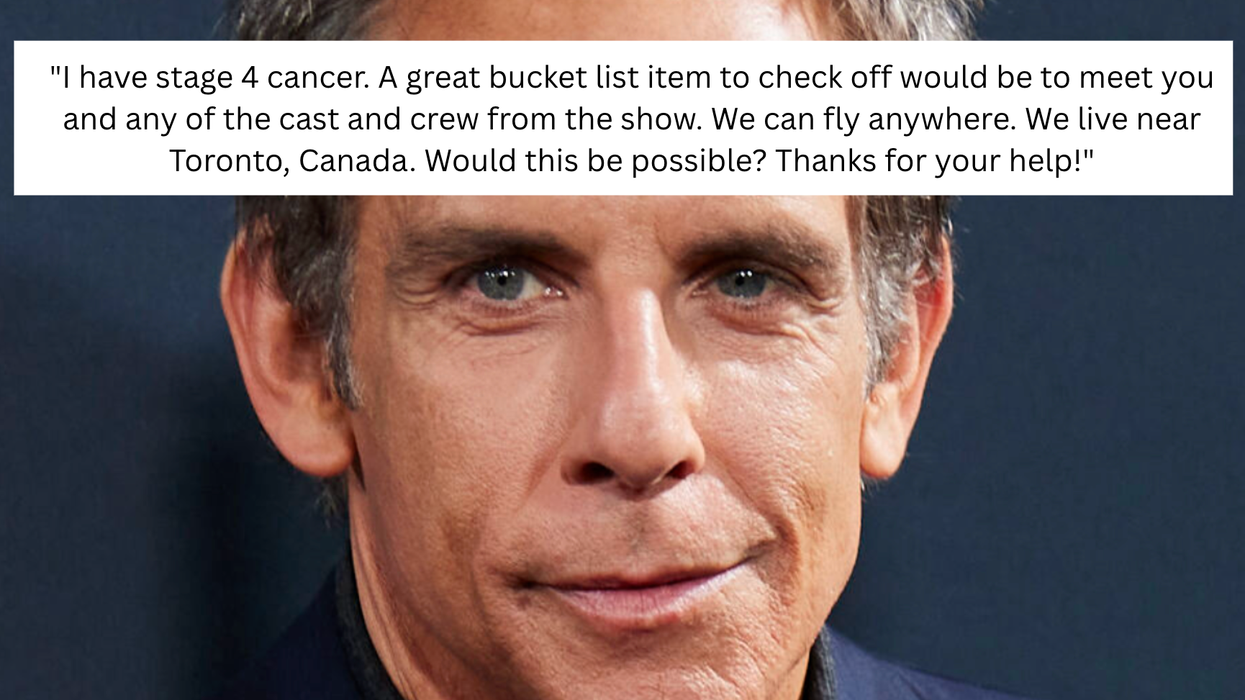Scholastic's Education Recovery Fund is investing in Haiti’s future.
On the evening of January 12, I, like so many others around the world, watched the coverage of the devastating earthquake in Haiti. Stunned by the magnitude of the destruction, I was reminded of the 2004 Southeast Asia Tsunami and the 2005 Gulf Coast hurricanes. I wondered not only how Haiti would recover, especially given the myriad of social, political and economic challenges it faced before the earthquake, but also how the rest of the world would respond.
The response to an epic disaster tends to follow a predictable pattern—there is often a frantic rush to help the affected region with little strategic assessment of exactly what help means for the particular situation. Then there is the public outcry and frustration fueled by perceptions that help is neither coming fast enough nor is it particularly effective given the magnitude of the crisis. And then there is the inevitable loss of focus on the situation, after the images overload our senses, or another sensational story knocks the disaster off the front pages.
Far too often, in the wake of a disaster, businesses follow the same response pattern. They are typically quick to announce plans to help. For companies that provide essential, first response services and products, this makes sense, especially when their efforts are systematically coordinated with effective local agencies. But this is a rare occurrence and often not the case. As a resut, business leaders can become frustrated working with a handful of relief agencies that try to juggle on-the-ground recovery work with the requests for information coming from corporations wanting to “help.” If there isn’t a strong corporate citizenship team in place and if top management isn’t behind it, corporate interest wanes as the next issue comes along, grabbing not only the headlines, but their attention.
Following large-scale natural disasters, my responsibility at Scholastic is to aim for best practice and strive to avoid quick response and short term projects. We take a comprehensive, needs-based approach to disaster relief and recovery that matches the company’s core strengths as an educational publisher and distributor and a provider of materials and information for children, parents and teachers. We work with organizations that understand the affected region. We collaborate with those organizations to leverage our support. All the while, aiming to think beyond the immediate crisis and focus on the longer term.
In the wake of devastation in Haiti, Scholastic teamed up with Save the Children to establish a long-term education recovery fund to benefit the country’s children Seeded by a financial contribution from Scholastic, the fund will receive an additional financial contribution in connection with this spring's publication of the new paperback edition of Lauren Thompson's "Hope is an Open Heart." Published in 2005 by Scholastic Press in the wake of the Gulf Coast hurricanes, it provides encouragement and inspiration for children dealing with challenging situations.
Scholastic employees contributed to the recovery fund in the immediate aftermath, and it is now open to the general public here. We know that families, educators, and others will want to join us in helping rebuild Haiti where more than 90 percent of the schools in Port-au-Prince and 50 percent of the schools in other quake-impacted regions were destroyed.
Through the Scholastic Education Recovery Fund, and in-kind contributions of books in French provided by Scholastic Canada, we are investing in Haiti’s future and its most valuable resource—its children. In addition, we are exploring opportunities to collaborate with organizations doing more extensive work around education reform, recognizing that there is a need to have a much stronger education system than the one that existed before the earthquake so that the overall quality of education can dramatically improve, and many more children can receive an education.
We will be working in Haiti for years to come. Just as we are still working with education leaders in the Gulf Coast, nearly five years after the hurricanes. Our hope is that other companies will do the same.
Photo (cc) via Flickr user Pan African News Wire File.
Karen Proctor is the Vice President of Community Affairs and Government Relations at Scholastic Inc., the global children’s publishing, education and media company. She is responsible for the design and implementation of Scholastic’s corporate citizenship initiatives and oversees the company’s government relations practice.
















 Otis knew before they did.
Otis knew before they did.